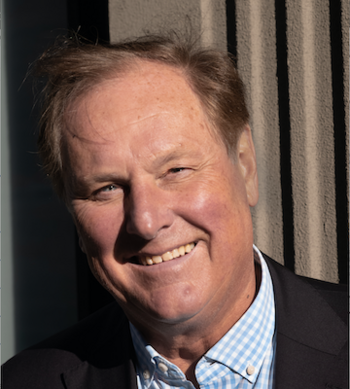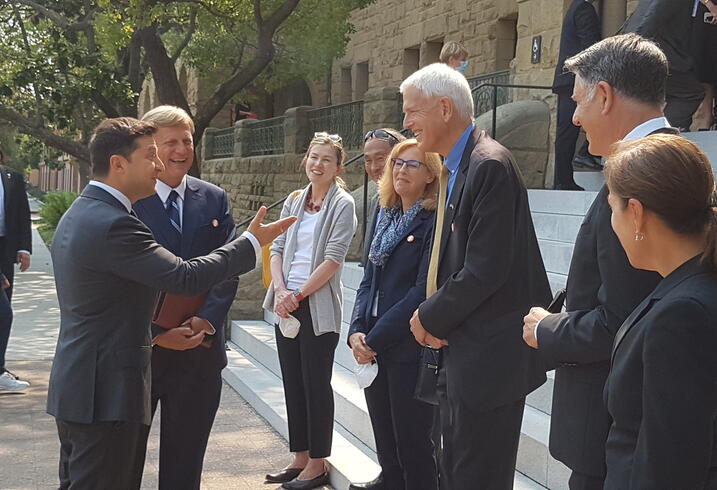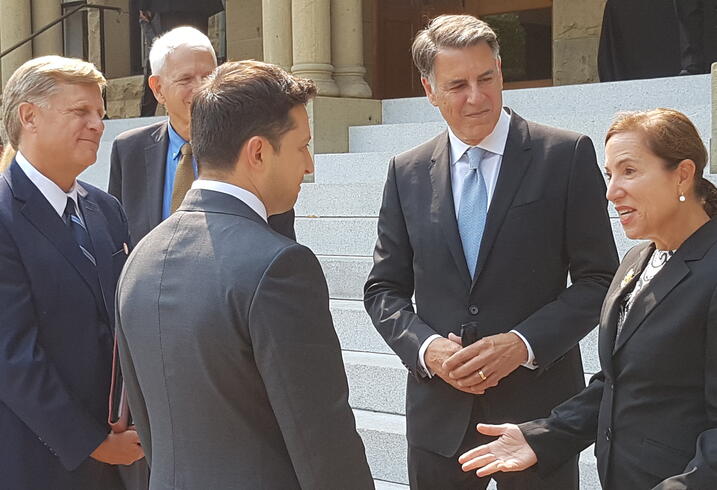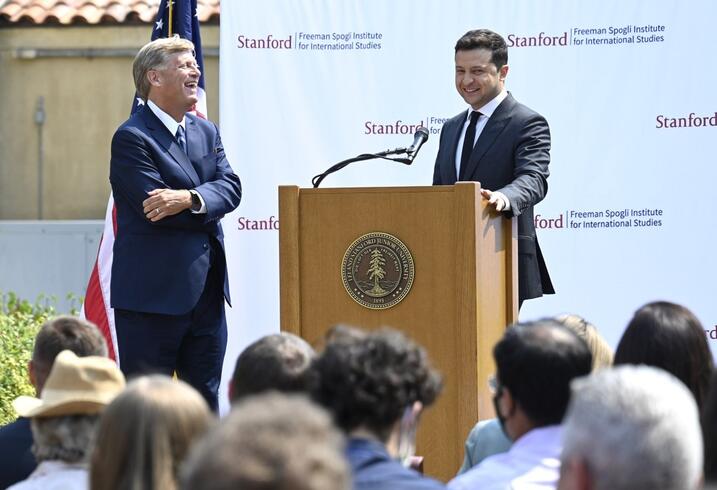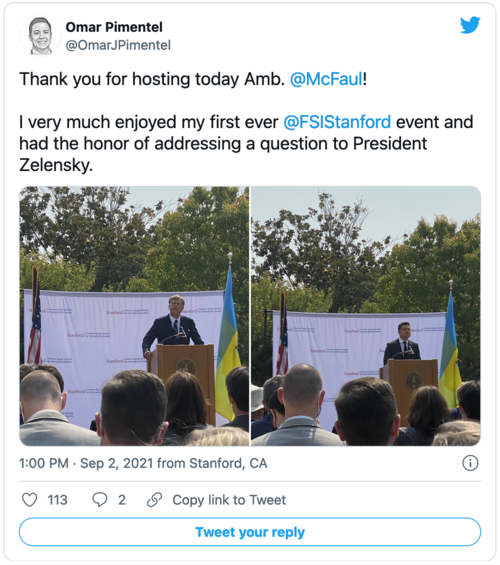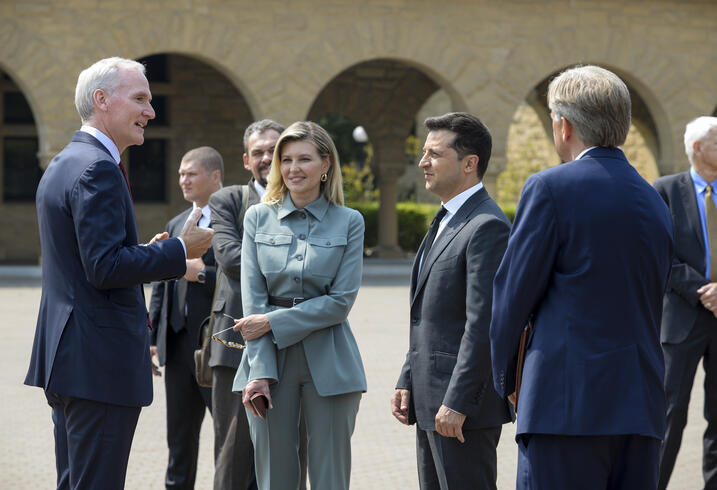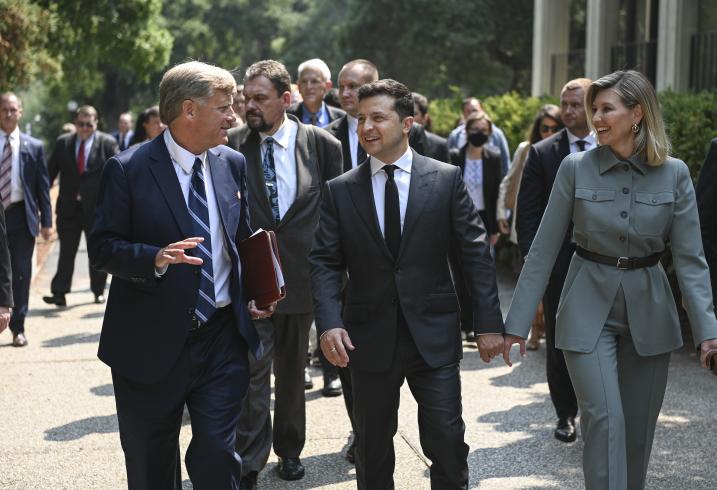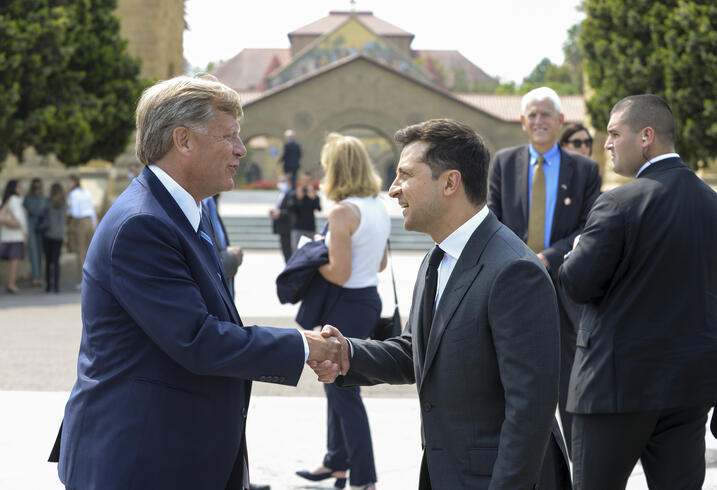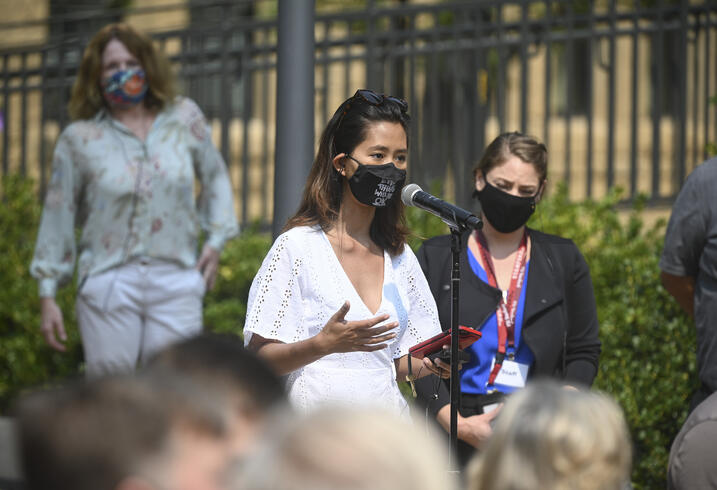International politics as global politics from below: Pope Francis on global politics
 There are several considerations of the papacy’s vision of what global politics should be like. There are, however, few mappings of the papacy’s actual concept of global politics, of how it evaluates the current state of global politics, understood as global political, social, and economic trends, patterns, actors and their relationships. This article delineates Pope Francis’ conception of global politics and contextualises it within the papacy’s trajectory of participating in global politics. Attending to a particular concept, of how the pope thinks about global politics, helps to better understand and place the papacy in the study of global politics. The article shows how Francis conceptualises global politics from below, from the periphery of society and politics, which leads him to unmask global inequalities. In particular, the article illustrates that Francis contests widespread assumptions of central hierarchic interstate relations and individualism, dominating the conceptual discourse about global politics.
There are several considerations of the papacy’s vision of what global politics should be like. There are, however, few mappings of the papacy’s actual concept of global politics, of how it evaluates the current state of global politics, understood as global political, social, and economic trends, patterns, actors and their relationships. This article delineates Pope Francis’ conception of global politics and contextualises it within the papacy’s trajectory of participating in global politics. Attending to a particular concept, of how the pope thinks about global politics, helps to better understand and place the papacy in the study of global politics. The article shows how Francis conceptualises global politics from below, from the periphery of society and politics, which leads him to unmask global inequalities. In particular, the article illustrates that Francis contests widespread assumptions of central hierarchic interstate relations and individualism, dominating the conceptual discourse about global politics.



